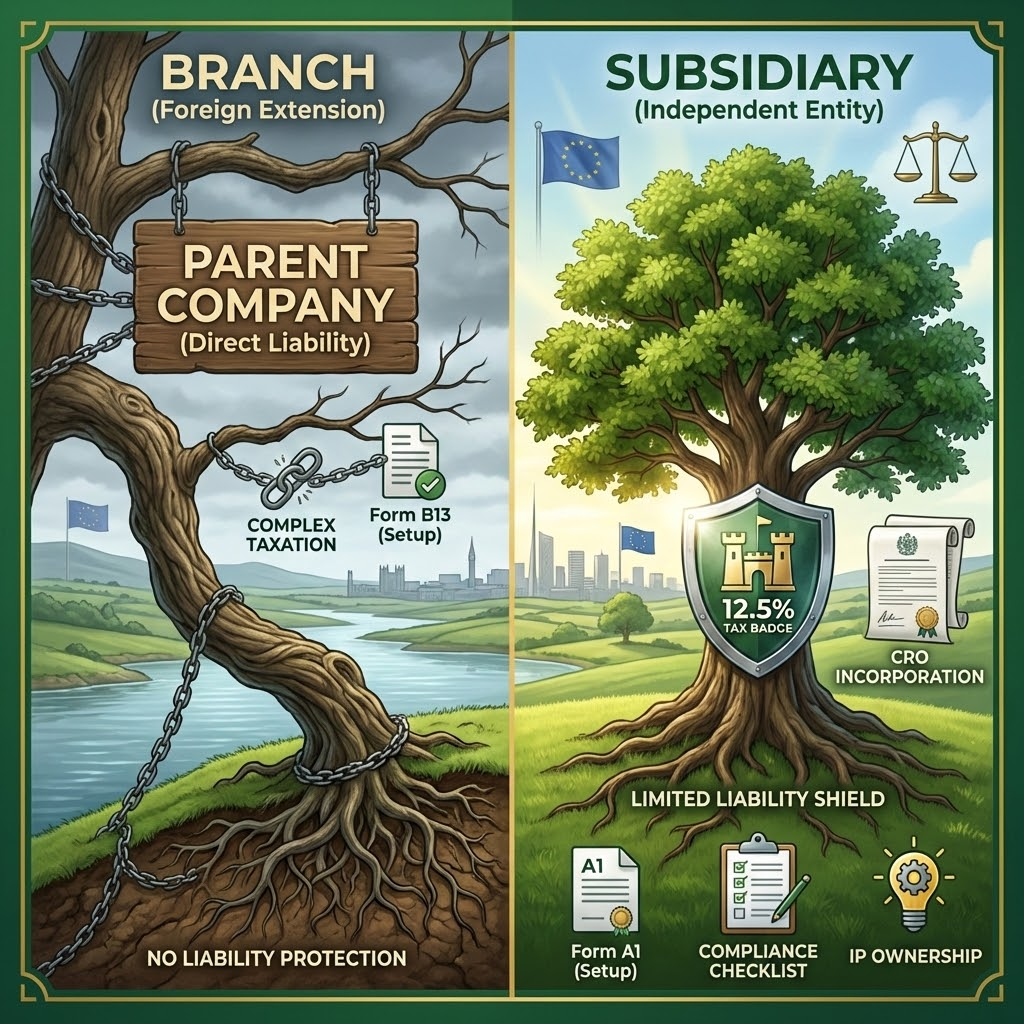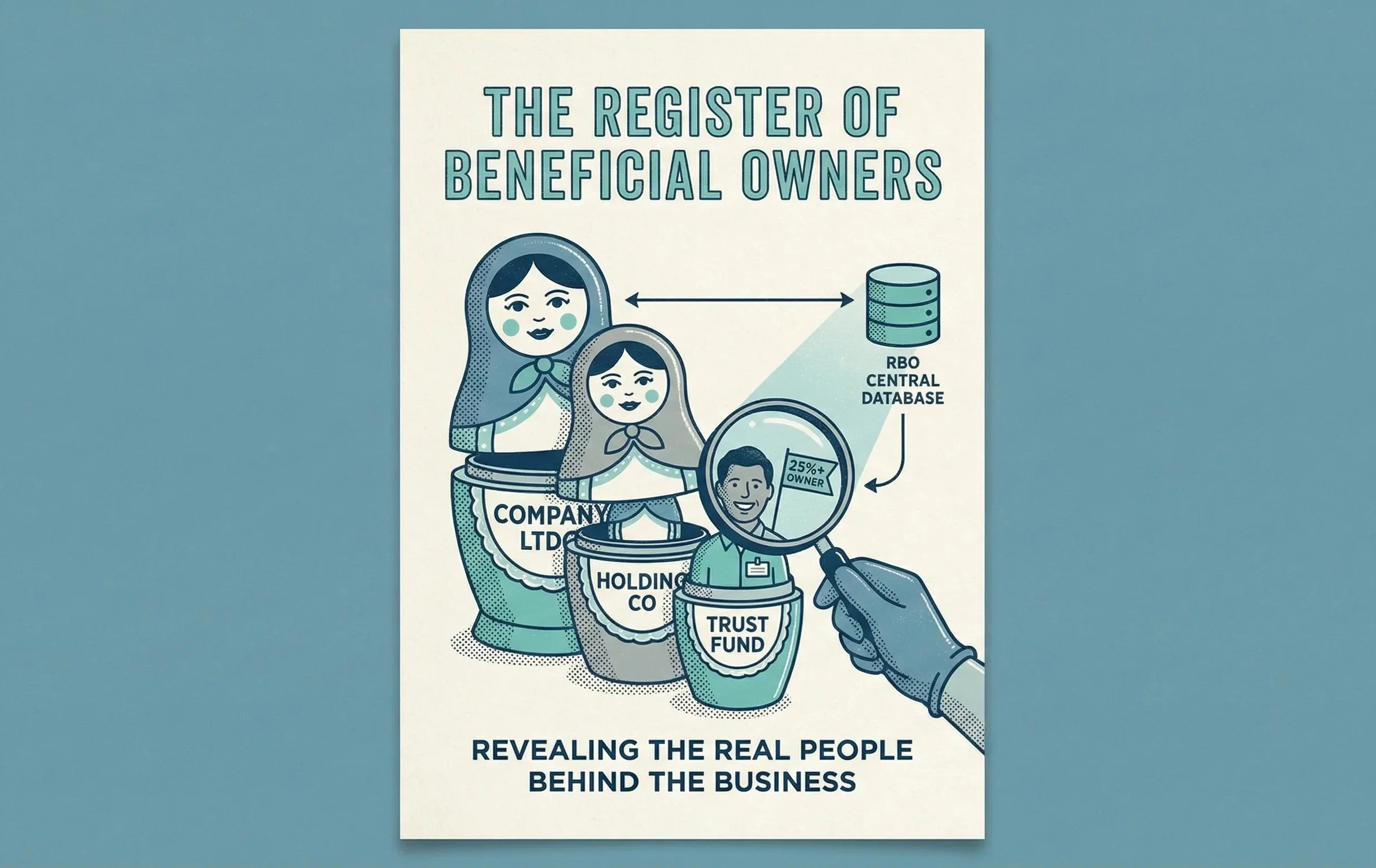This article is written for non-EEA residents who want to establish an Irish company without appointing an EEA-resident director. It's also useful for corporate service providers who assist clients with Irish company formations.
Key Takeaways
- Irish companies must have at least one EEA-resident director or secure a Section 137 Bond of €25,000
- The Bond costs approximately €1,600 for a two-year period
- The application process is fully digital via DocuSign and takes and additional 7-10 working days
- The Bond provides €25,000 coverage for company fines, penalties, and related recovery expenses

Understanding the Section 137 Bond Requirement
Irish company law requires that at least one director of an Irish registered company be resident in the European Economic Area (EEA) at all times.
This requirement can present a challenge for entrepreneurs and businesses from outside the EEA who wish to establish an Irish company.
Fortunately, Section 137(1) of the Irish Companies Act 2014 provides an alternative solution: the Section 137 Bond.
This bond effectively exempts Irish companies from the EEA-resident director requirement, making it possible for non-EEA residents to establish and operate Irish companies without appointing an EEA-resident director.
What is a Section 137 Bond?
A Section 137 Bond is basically an insurance policy taken out in favour of the Irish Revenue Commissioners.
The bond specifically covers:
- Fines imposed on the company for offences under the Companies Act 2014, such as failure to file Annual Returns and Financial Statements on time
- Penalties for failing to provide required information to the Revenue Commissioners, particularly information required on Form CRO 11F
- Any penalties the company becomes liable for under Irish tax legislation
- Expenses incurred in recovering these fines and penalties
Cost and Duration of the Bond

This cost typically includes:
- The insurance premium
- Government levies
- A processing fee from the insurer (often around €200)
This premium covers a two-year period with a limit of indemnity of €25,000.
It's important to note that the bond must be renewed every two years at the same cost to maintain compliance with the Companies Act.
The Application Process
The application process for a Section 137 Bond has been traditionally tedious and paper based.
Open Forest has solved this with our insurance company partner. Here's what you need to know:
Digital Application

The application is completed entirely online using DocuSign, eliminating the need for wet signatures or physical documents.
This makes the process accessible for applicants regardless of their location.
Required Participants

The application requires the involvement of three parties:
- The person completing the application form
- A director approving the application
- Another director or company secretary also approving the application (Open Forest can be appointed as your company secretary through our incorporation process).
Timeline
Once the completed application form and premium payment are received, the bond typically takes 7-10 working days to process.
Information Required
To initiate the application, you'll need to go through our incorporation process on our website and we will consult with you about the bond.
Alternatives to the Section 137 Bond
While the Section 137 Bond is a straightforward solution, there are alternatives worth considering:
Appointing an EEA-Resident Director
The most direct alternative is to appoint a director who is resident in the EEA.
This eliminates the need for the bond entirely.
There are professional services firms out there that will provide non-executive directors but they can cost around €4,000 per year.
Note that only individuals can be directors or Irish companies, rather than another company acting as director.
The "Real and Continuous Link" Exemption
Companies can also apply for an exemption from the bond requirement by demonstrating a "real and continuous link" with one or more economic activities in Ireland.
This requires obtaining a certificate from the Revenue Commissioners confirming this link.
Compliance Considerations
Non-compliance with the EEA-resident director requirement or failure to secure a Section 137 Bond can result in serious consequences, including prosecution of the company and its officers.
It's essential to address this requirement either by appointing an EEA-resident director or by securing and maintaining a valid Section 137 Bond.
Conclusion
The Section 137 Bond provides a practical (but somewhat expensive) solution for non-EEA residents who wish to establish and operate Irish companies without appointing an EEA-resident director.
The process is straightforward and fully digital, making it accessible regardless of your location - but it can still be slow so be sure to factor that in to your planning.

Stuart Connolly is a corporate barrister in Ireland and the UK since 2012.
He spent over a decade at Ireland's top law firms including Arthur Cox & William Fry.












%20(1).webp)
